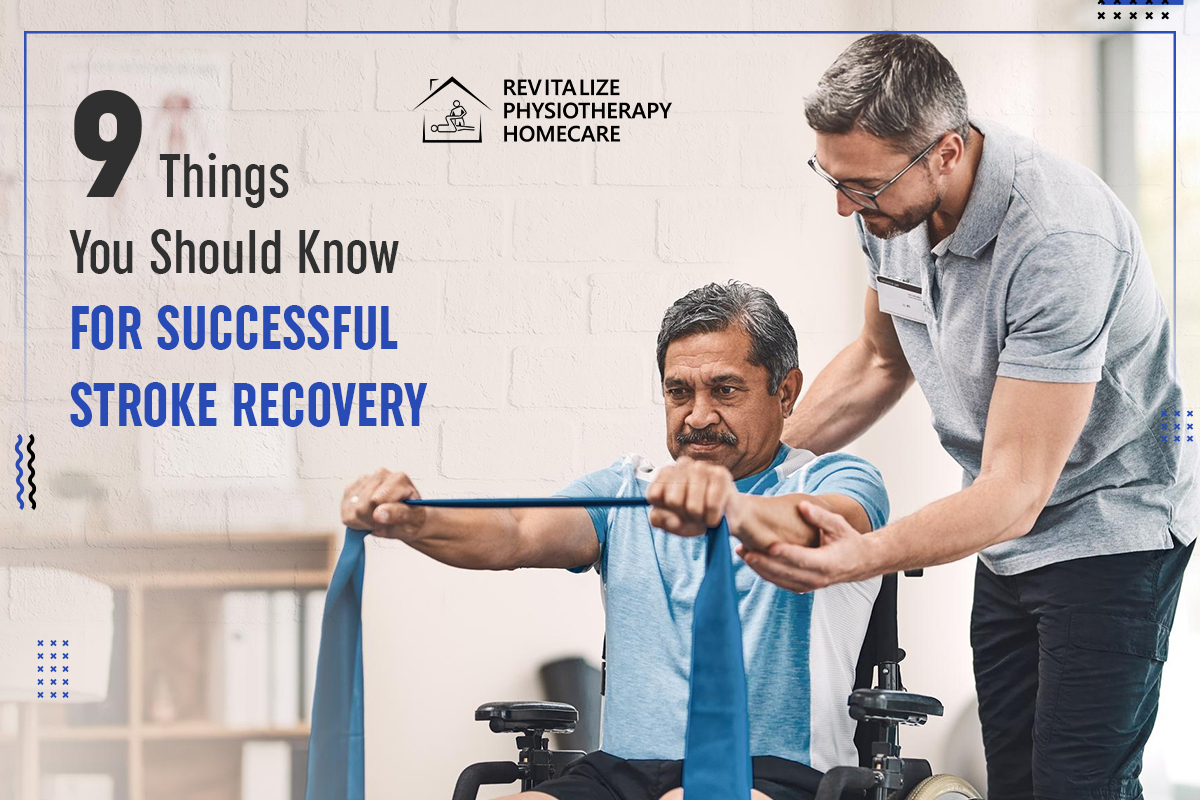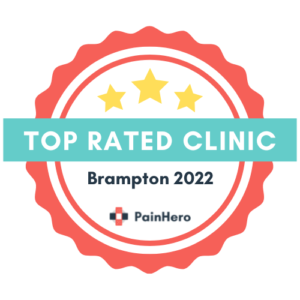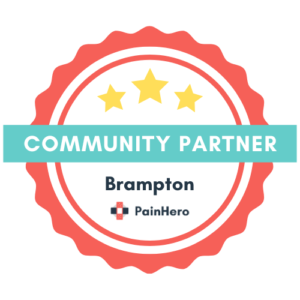9 Things You Should Know for Successful Stroke Recovery
Recovering from a stroke is a journey that takes time, effort, and patience. It's a path filled with challenges, but with the right approach, overcoming these hurdles is possible. This blog is here to guide you through the essential steps for a successful recovery.
Here we focus on practical and effective strategies that you can apply in your daily life. Whether you're working with a Stroke Rehabilitation Service in Brampton or engaging in physio for stroke rehab, these tips are designed to support your journey.
Each point we discuss is a step towards regaining your strength and independence. Our goal is to provide you with clear, helpful advice that makes your recovery journey smoother and more achievable. Let's explore these key strategies together, paving the way to a successful and empowering stroke recovery.
Significant Things to Know for Successful Stroke Recovery
1. Start Rehabilitation ASAP
Starting rehab quickly is key for a good recovery from a stroke. The sooner you start, the greater your outcomes will be. Early rehab helps speed up and improve your recovery. Doing physio at home or at a center helps your brain learn and change. You don't need to push too hard at the start. Just start gently and keep going. Starting physio for stroke rehab early can help you get back your movement, speech, and other skills affected by the stroke.
2. Set Realistic Goals
It's critical to make goals you can truly accomplish. These goals keep you motivated and moving forward. Work with your doctors to make goals that are right for you. They should be a bit challenging but possible. Celebrate your small wins; they matter a lot. Realistic goals keep you positive. They give you a clear plan for getting better. This makes the whole recovery process feel less daunting and helps you focus on what you need to do.
3. Don't Get Discouraged
Recovery from a stroke can be a slow and frustrating process. It's normal to face setbacks and challenges. However, it's important not to get discouraged. Keep in mind that progress, no matter how small, is still progress. Stay patient and persistent. Your resilience and determination are key factors in your recovery. Remember, every stroke recovery is unique; don't compare your progress to others. Stay focused on your own journey and continue to strive for improvement.
4. Avoid “Learned Nonuse”
"Learned nonuse" happens when stroke patients stop using a limb because it's hard or frustrating. It's quite important to keep using the limb that was affected. Regular use and exercise stop it from getting weaker. Even simple rehab exercises can help keep and slowly improve movement. Keep practicing regularly. This helps you get past learned nonuse. Make sure to include exercises for the limb you're having trouble with in your daily routine.
5. Eat & Move Well
Eating right and staying active are truly important when you're recovering from a stroke. Eating foods like fruits, veggies, whole grains, and lean protein gives you the energy and nutrients you need to heal. Moving and exercising, as your therapist says, helps make your heart and muscles stronger. It's good for your overall health too. Make sure your food and exercise match your health needs. Speak with medical professionals to create a plan that will help you recover.
6. Sleep When Your Body Asks for It
Sleep is a critical component of stroke recovery. It's when your body heals and your brain processes new information. Pay attention to what your body needs and take breaks as necessary. Ensure you have a comfortable sleeping environment and maintain a regular sleep schedule. Quality sleep aids in cognitive recovery and overall health. Hence, prioritize getting enough restful sleep each night.
7. Find Tools That Will Help You Recover Quickly
Look for tools and tech made for stroke recovery. This includes things like devices to help you, apps for brain exercises, or gear for physical rehab. These can make your therapy better and everyday tasks easier. Talk with your therapist about what tools will work best for you. They can suggest the right ones for your needs. Using these tools can help you speed up your recovery.
8. Continue to Follow Up
It's really important to keep meeting with your healthcare team. These regular visits let you update your recovery plan. Usually, they're based on how you're doing and any new challenges. Having professionals watch your progress and guide you ensures you're recovering in the best way possible. These follow-ups help make sure you're on track.
9. Find Support
Having support from others is a big help when recovering from a stroke. Stay in touch with your family, friends, doctors, and support groups. Talking about what you're going through, the hard parts and your wins can make you feel better. It's also quite encouraging. If you need someone to talk to about how you're feeling, don't be shy to ask for help. Emotional and mental support are just as important as physical healing.
Conclusion
A successful stroke recovery journey involves a blend of timely rehabilitation, realistic goal-setting, resilience, proper nutrition, adequate rest, and effective tools.
Most importantly, surround yourself with a supportive network and stay connected with your healthcare team. With determination, patience, and the right approach, you can navigate the challenges of stroke recovery and work towards regaining your independence and quality of life.
Remember, every small step forward is progress. Utilize services like the physio at home for stroke rehab to get professional guidance and support at your home. For that contact Revitalize Physiocare, Brampton (Canada). Our skilled physiotherapists have exceptional experience in offering stroke rehabilitation treatment.
To schedule an appointment, please call 905-452-0222. Additionally, you can visit https://revitalizephysiocare.com or send an email to revitalizephysio@gmail.com.




